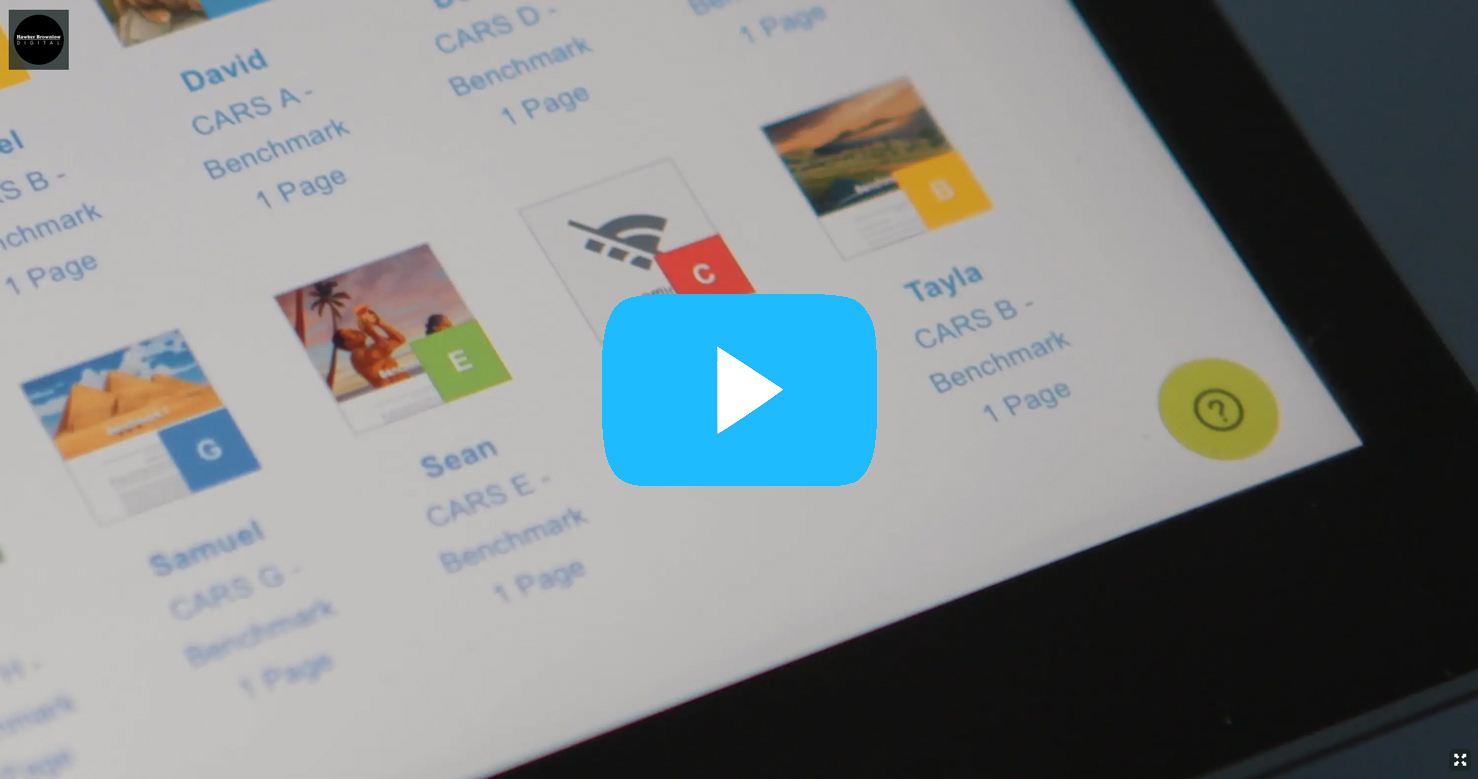Riddles are questions or statements that offer a puzzle to be solved. They often involve critical thinking on the reader's part to figure out their answer. Riddles can be an excellent tool to foster and enhance a child's creativity. Here are several ways in which riddles can contribute to the development of creativity.
Critical Thinking and Problem-Solving: Riddles often present a problem or a puzzle that requires creative thinking to solve. They encourage children to think critically, analyse clues and apply logical reasoning to arrive at the answer. This problem-solving aspect of riddles stimulates the brain and helps children develop creative problem-solving skills.
Flexible Thinking: Riddles often involve wordplay, puns or clever twists that require thinking beyond the obvious. They challenge children to approach a problem from different angles and consider alternative perspectives. This flexible thinking helps develop creative problem-solving abilities and encourages children to generate multiple solutions or interpretations.
Imagination and Visualisation: Riddles often contain vivid and imaginative descriptions or scenarios. When attempting to solve a riddle, children use their imagination to visualise the situation and create mental images. This imaginative thinking stimulates creativity and helps children develop their ability to think in abstract and unconventional ways.
Language Play and Verbal Creativity: Riddles rely on wordplay, double meanings and linguistic creativity. By engaging with riddles, children are exposed to different language structures, metaphors and clever uses of words. This exposure enhances their verbal creativity, expands their vocabulary and encourages them to explore the richness of language.
Symbolic Thinking: Some riddles involve symbolism or metaphorical representations. They require children to understand abstract concepts and make connections between seemingly unrelated ideas. Symbolic thinking is a fundamental aspect of creativity, as it allows individuals to think beyond the literal and find unconventional associations and meanings.
Collaborative Creativity: Riddles can be a social activity, encouraging collaboration and discussion among children. Working together to solve riddles promotes creative thinking through the sharing of ideas, building upon each other’s thoughts and considering different perspectives. Collaborative creativity fosters teamwork and the development of social and communication skills.
Enjoyment and Engagement: Riddles are enjoyable and engaging, capturing children’s curiosity and interest. When children are actively engaged in solving riddles, they are more likely to tap into their creative thinking abilities. The element of fun and surprise associated with riddles motivates children to explore and experiment with their imaginative and creative faculties.
It's beneficial to complement riddle-solving activities with other creative outlets, such as storytelling, drawing or imaginative play. This holistic approach to creativity allows children to apply their creative thinking skills across various domains, further enhancing their overall imaginative abilities.
The twelve reading strategies that underpin CARS & STARS Online are primarily centred on helping readers not just to be able to read, but to be able to understand. As students progress through the lessons, they are repeatedly engaged with questions on these strategies that gauge how well they have understood the text they have read and require them to think critically about it – bringing creativity and analysis together to create tomorrow’s great readers.
If you are interested in learning more about the CARS & STARS Online subscriptions and how they can help children to achieve better results, then sign up for a free trial to be an integral part of your child’s reading success.































